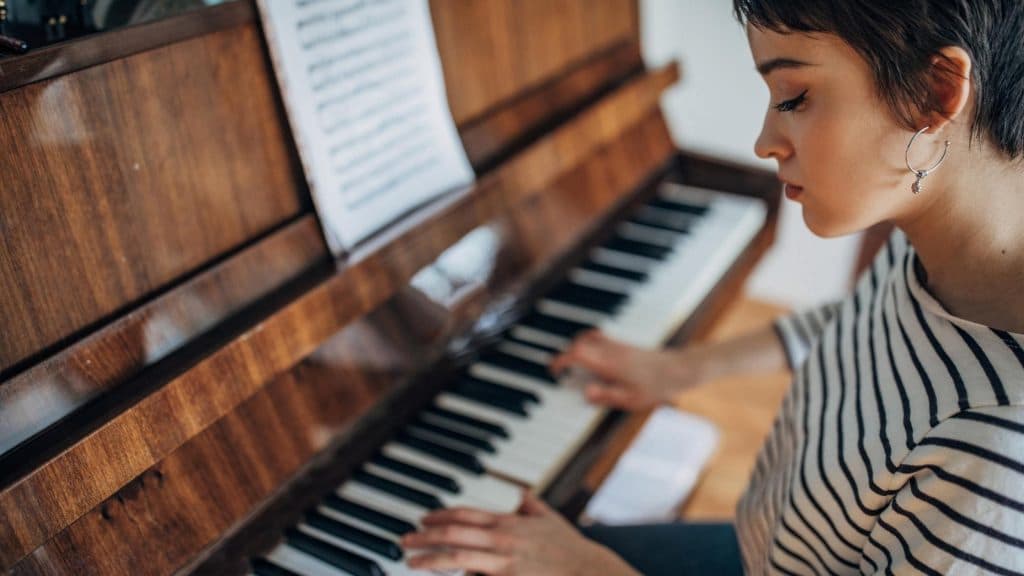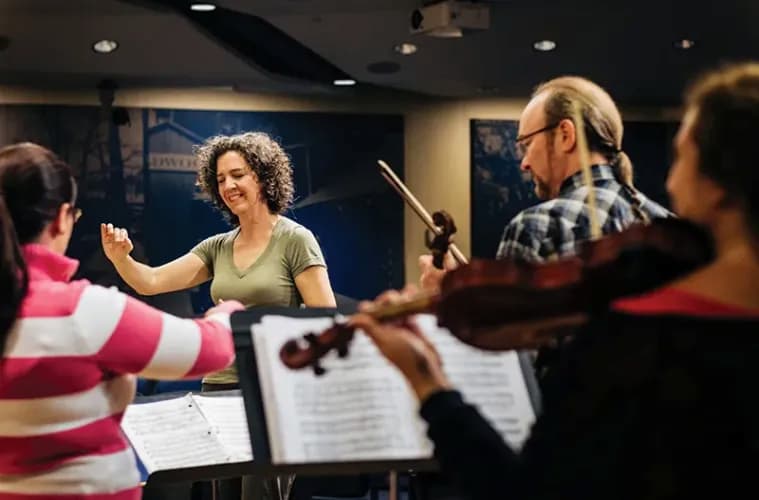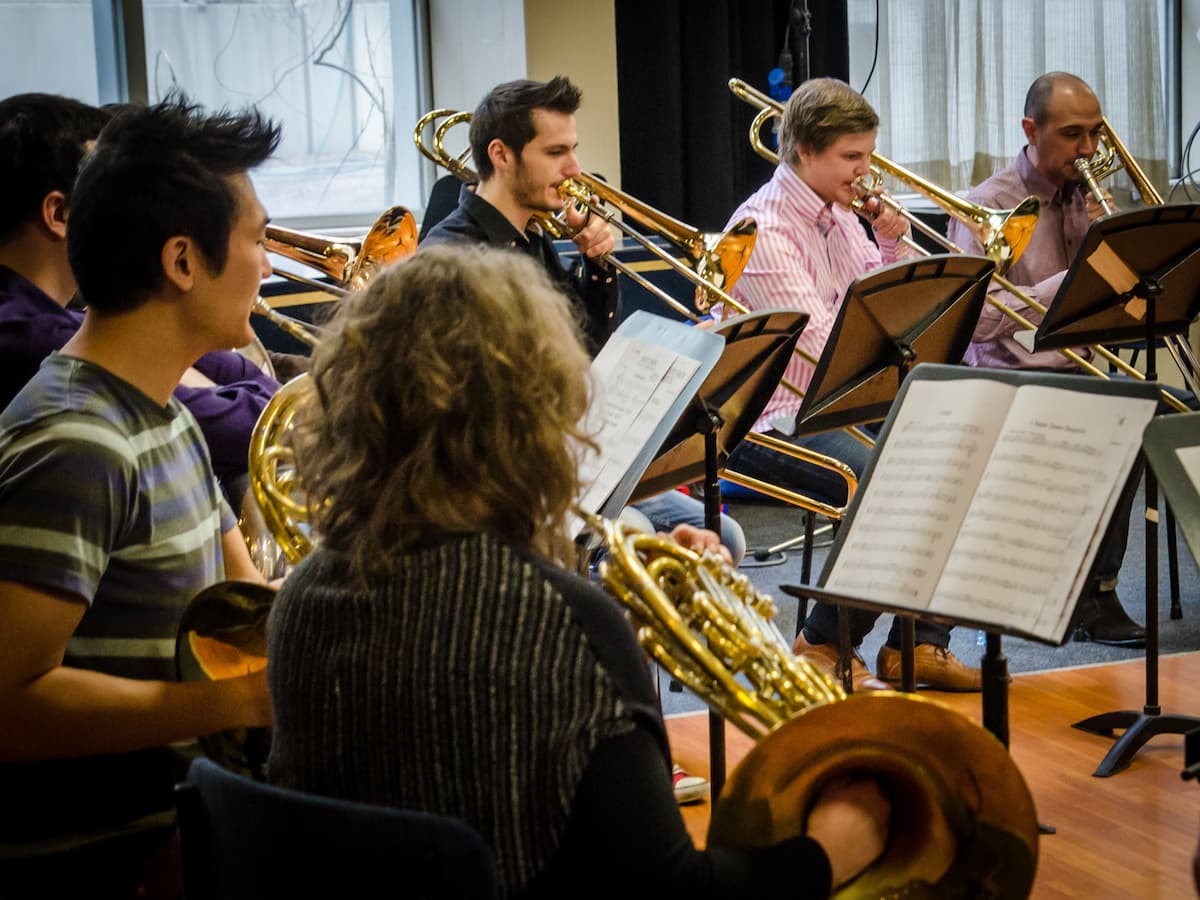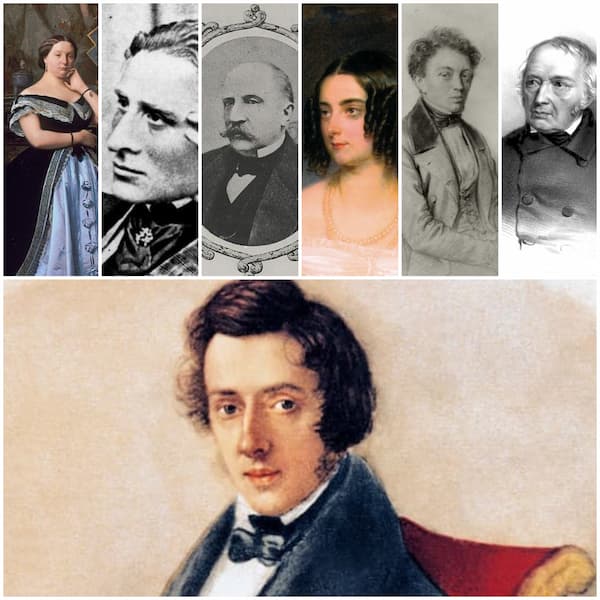Many people play musical instruments as a hobby. For some, this is a serious pursuit (in which case, the word “hobby” is perhaps a misnomer; “passion” may be more appropriate); for others, it’s a pleasurable activity which slots into their daily life.

Life today is fast-paced, busy, over-scheduled, filled with deadlines, responsibilities and technological distractions. In such a world, the importance of hobbies cannot be overstated. They offer an important respite from the daily grind, contribute to overall mental and physical well-being, and bring personal enrichment and satisfaction.
Learning or playing a musical instrument stands out as a particularly rewarding pursuit, offering a symphony of benefits that extend far beyond the realm of music.
Cognitive Development
Engaging in the process of learning and playing a musical instrument stimulates various cognitive functions. Research consistently highlights the positive impact of musical activities on brain development and may offer protection against conditions such as dementia as one gets older. From enhancing memory and spatial-temporal skills to improving attention and problem-solving abilities, the cognitive benefits of playing a musical instrument are significant and diverse.
Emotional well-being
Music has an unparalleled ability to evoke emotions and actively participating in its creation amplifies this effect. Learning a musical instrument allows people to express themselves in a non-verbal, emotional manner. This outlet for self-expression can be therapeutic, providing a means to better cope with stress, anxiety, and other emotional challenges. The act of creating music becomes a personal journey, enabling individuals to communicate and process their feelings in a way that words often cannot.
Discipline and Patience

Learning a musical instrument requires a considerable amount of discipline and patience. Learning to play involves repetitive practice, gradual skill development, and overcoming challenges. This process brings discipline and patience, valuable life skills which are applicable in many contexts.
Claude Debussy: 12 Etudes – No. 1 Pour les cinq doigts (Noriko Ogawa, piano)
Social connections

Playing a musical instrument opens doors to social interactions and collaborative experiences. Joining a band, orchestra, or ensemble creates a sense of community and teamwork, as well as offering the chance to meet new people and make friends. Whether it’s playing in a group or performing solo, the social aspect of musical hobbies enriches one’s life with meaningful connections.
Malcolm Arnold: The Padstow Lifeboat, Op. 94 (Grimethorpe Colliery Band; Malcolm Arnold, cond.)
Regardless of the level at which you play, all of the above benefits are applicable. But perhaps the most important benefit is the pleasure and joy of making music, whether alone at home or in an amateur ensemble, orchestra, choir, or band.
For more of the best in classical music, sign up for our E-Newsletter

